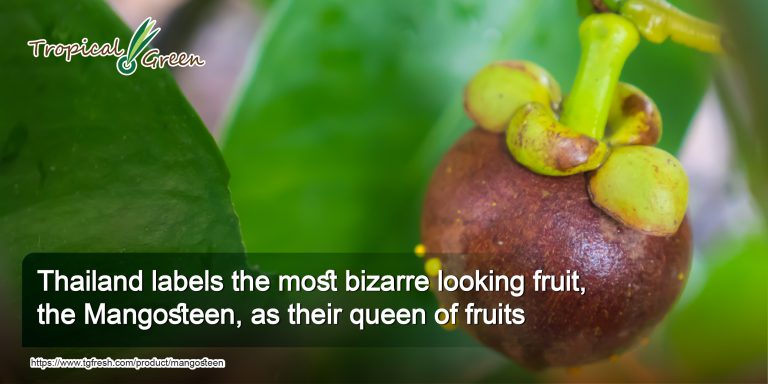
More Than Just Citrus Juice
Citrus fruits are those in the same family of oranges. The fruits in this family are orages, limes, pomeloes, kaffir limes, and lemons.
Nowadays, people like to drink lime and orange juice by cutting the fruits, squeezing, then keep its juice in fridge to drink it cold. Have you ever noticed that after leaving the juice for a while, it will have remarkable bitter flavour.
The bitter taste is called “Delayed Enzymatic Bittering”. It is because when you squeeze the fruit for its juice, you also squeeze some biochemicals from its skin such as Limonoate A an Limonin glucoside which are not bitter. Nomilin has light bitter taste. These chemicals will be digested by limoninase enzyme to be limonin, a bittering biochemical.
The factors of delayed enzymatic bittering are oxygen, and temperature. With more oxygen and high temperature, the enzyme processes more effectively and causes more bittering. So, to keep delicious flavour of the juice, you should keep it in low temperature or freeze it to stop the enzyme processing.
Bitter is not always a bad thing!
Some beverage is more tasty with bittering. Cocktail, for example, is mixed with some orange or lime juice to create some bittering, called aging.
Since pectin is a biochemical component fruit cell walls, aging make the color of juice more clear. This is because pectin is digested by pectinase enzyme.
Aging is also related to colour of orange and lime juice. Citrus contains high vitamine C, aging causes a chemical reaction with air called non-enzymetic browning.
So, you should make a plan before squeezing every time either you want to drink some fresh juice or to mix with drinks.
Importantly, if you don’t want to embitter your oranges or limes, don’t put the in fridge. Cool temperature reduces the gap between flesh and skin, the bitter flavour from the skin can easier transfer to the flesh.


